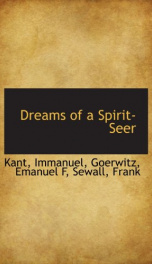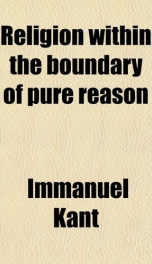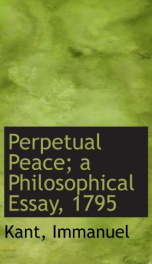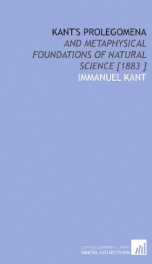dreams of a spirit seer

The most hostile to metaphysics of the works by Immanuel Kant, an 18th-century German philosopher, one of the foremost thinkers of the Enlightenment. Published in 1766 anonymously, Dreams of a Spirit Seer (Träume eines Geistersehers), the book deals with the speculations of Crusius and Wolff as spun out of nothing, like the spiritual imaginings of Swedenborg – famous Swedish scientist and inventor, who announced himself to be a visionary. He assured to be able to communicate with souls of dead people and get information from another world. Swedenborg was the subject of numerous unbelievable stories, some of which Kant ironically presents in the book, seeing in such tales just quaint fancy. However this work was not only intended against Swedenborg, but was also touches upon other metaphysicians, who take their visions for reality, and combinations of thoughts for present order. Kant pronounces a sentence to any system of speculative conclusion, calling people of science to trust only the experience. In the conclusive part of the work the author deals with problems of causality.
Info about the book
Author:
Series:
Unknown
ASIN:
087785310X
Rating:
1.5/5 (40)Your rating:
0/5
Languge:
English
Users who have this book
Users who want this book
What readers are saying
What do you think? Write your own comment on this book!
write a commentif you like dreams of a spirit seer try:
Other books by this author
Do you want to exchange books? It’s EASY!
Get registered and find other users who want to give their favourite books to good hands!







